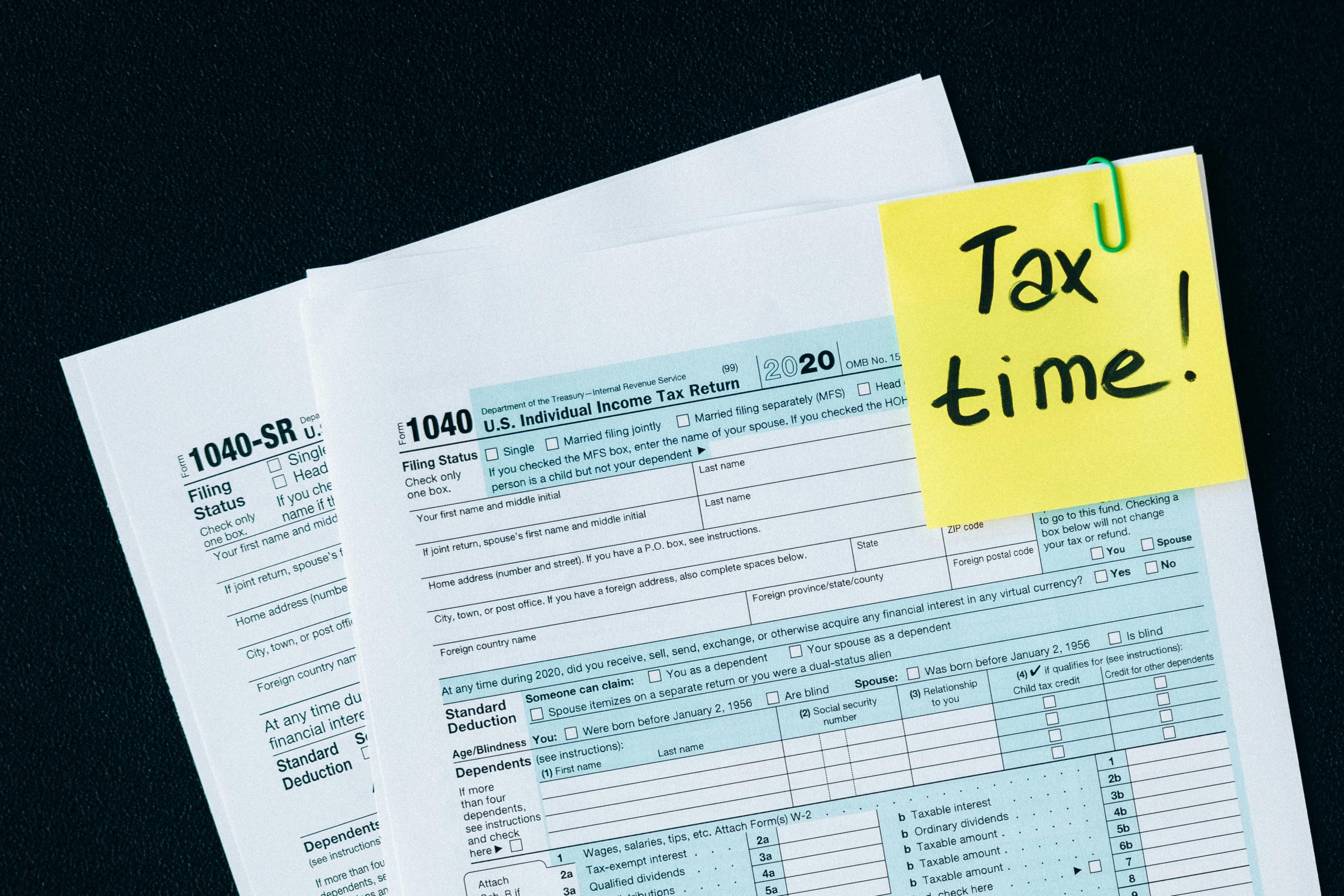As tax season approaches, the Internal Revenue Service (IRS) is warning taxpayers to remain vigilant against a wave of scams targeting individuals and businesses. Fraudsters continue to evolve their tactics, making it crucial to recognize the most common schemes to avoid falling victim.
1. Phishing Emails and Texts
Cybercriminals use fake emails or text messages that appear to be from the IRS or other trusted institutions. These messages often contain links or attachments that claim to require immediate action, such as verifying personal information or resolving a tax debt.
Tip: The IRS does not initiate contact via email or text. Do not click on links or provide personal details to unsolicited requests.
2. Phone Scams
Impersonators posing as IRS agents make threatening phone calls, claiming immediate payment is required to avoid arrest or legal action. They often demand payment via gift cards, wire transfers, or cryptocurrency.
Tip: The IRS will never demand payment over the phone or threaten taxpayers with police involvement.
3. Identity Theft
Scammers steal personal information to file fraudulent tax returns and claim refunds. Victims often discover the fraud when their legitimate return is rejected.
Tip: Protect your Social Security number and consider filing your taxes early to beat fraudsters to the punch.
4. Fake Tax Preparers
Dishonest tax preparers lure victims with promises of inflated refunds. They may alter returns without the taxpayer’s knowledge, leading to audits or penalties.
Tip: Verify your tax preparer’s credentials and use the IRS directory of legitimate tax professionals.
5. Social Media Scams
Fraudsters exploit social media platforms to spread false information about tax credits or refunds. They may also impersonate the IRS to solicit personal information.
Tip: Trust only official IRS resources for tax-related information and report suspicious activity.
6. Charity Fraud
Scammers pose as charitable organizations, particularly during times of crisis or natural disasters, to solicit fake donations that they claim are tax-deductible.
Tip: Verify charities through tools like the IRS Tax Exempt Organization Search.
7. Evolving Cryptocurrency Scams
With the rise of cryptocurrency, scammers are finding new ways to defraud taxpayers. Common schemes include fake tax payment demands in cryptocurrency or fraudulent investment opportunities.
Tip: The IRS does not accept cryptocurrency for tax payments. Be wary of unsolicited investment offers.
8. Tax Refund Fraud
Scammers file fake returns using stolen information to divert refunds to their accounts. They may also use fake checks, later demanding repayment from unsuspecting victims.
Tip: Track your refund status using the official IRS “Where’s My Refund?” tool.
How to Protect Yourself
- Be Skeptical: Question unsolicited calls, emails, or messages claiming to be from the IRS.
- Verify Contacts: Use official IRS contact numbers to confirm any communication.
- Secure Your Information: Use strong passwords, enable two-factor authentication, and monitor your financial accounts regularly.
- Report Scams: Notify the IRS of any suspicious activity via their fraud reporting page.
By staying informed and cautious, taxpayers can outsmart scammers and protect their finances during the 2025 tax season.
Sign up for our Sunday Spectator. Delivered to your inbox every Sunday, with all the news from the week.










